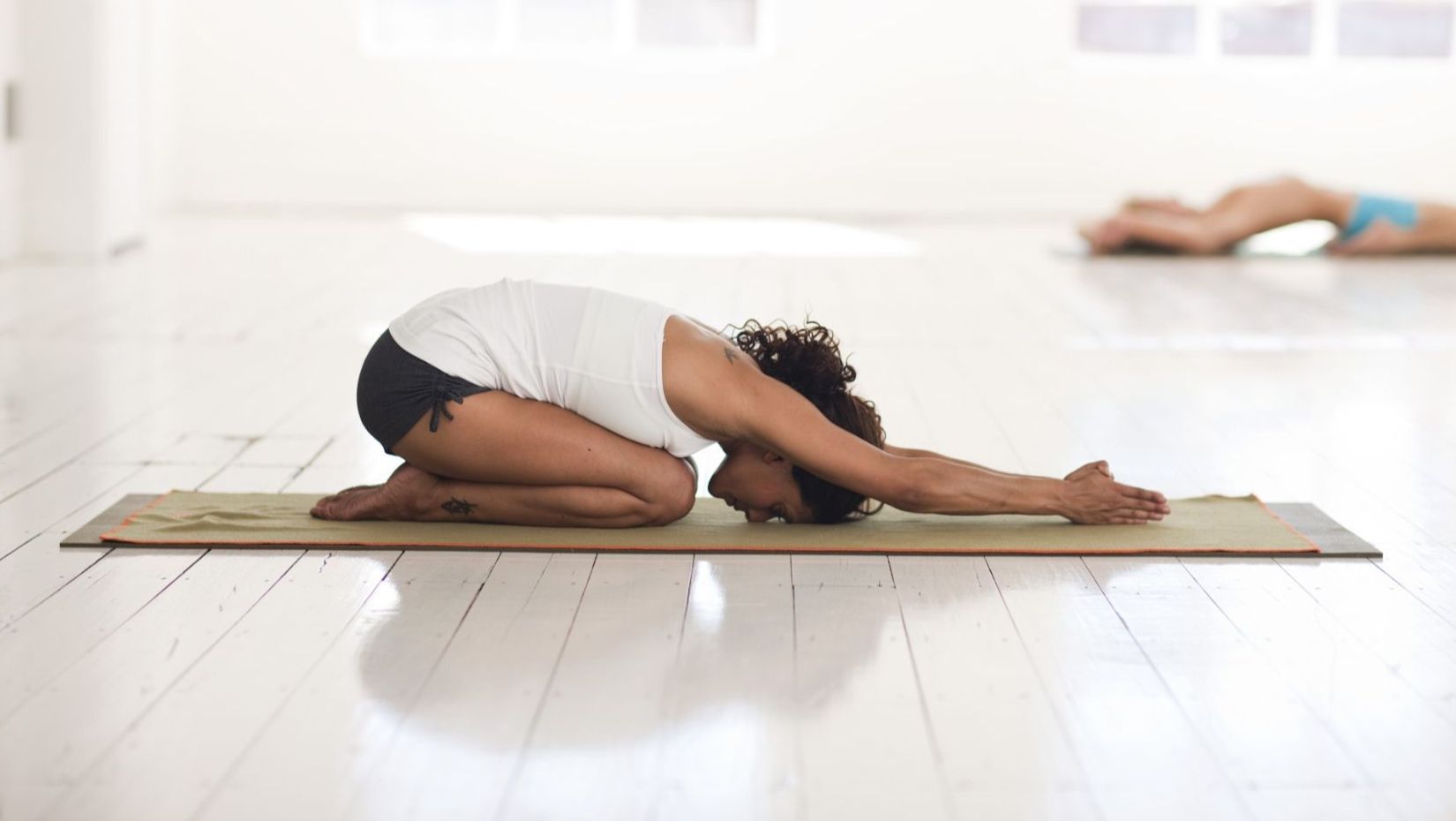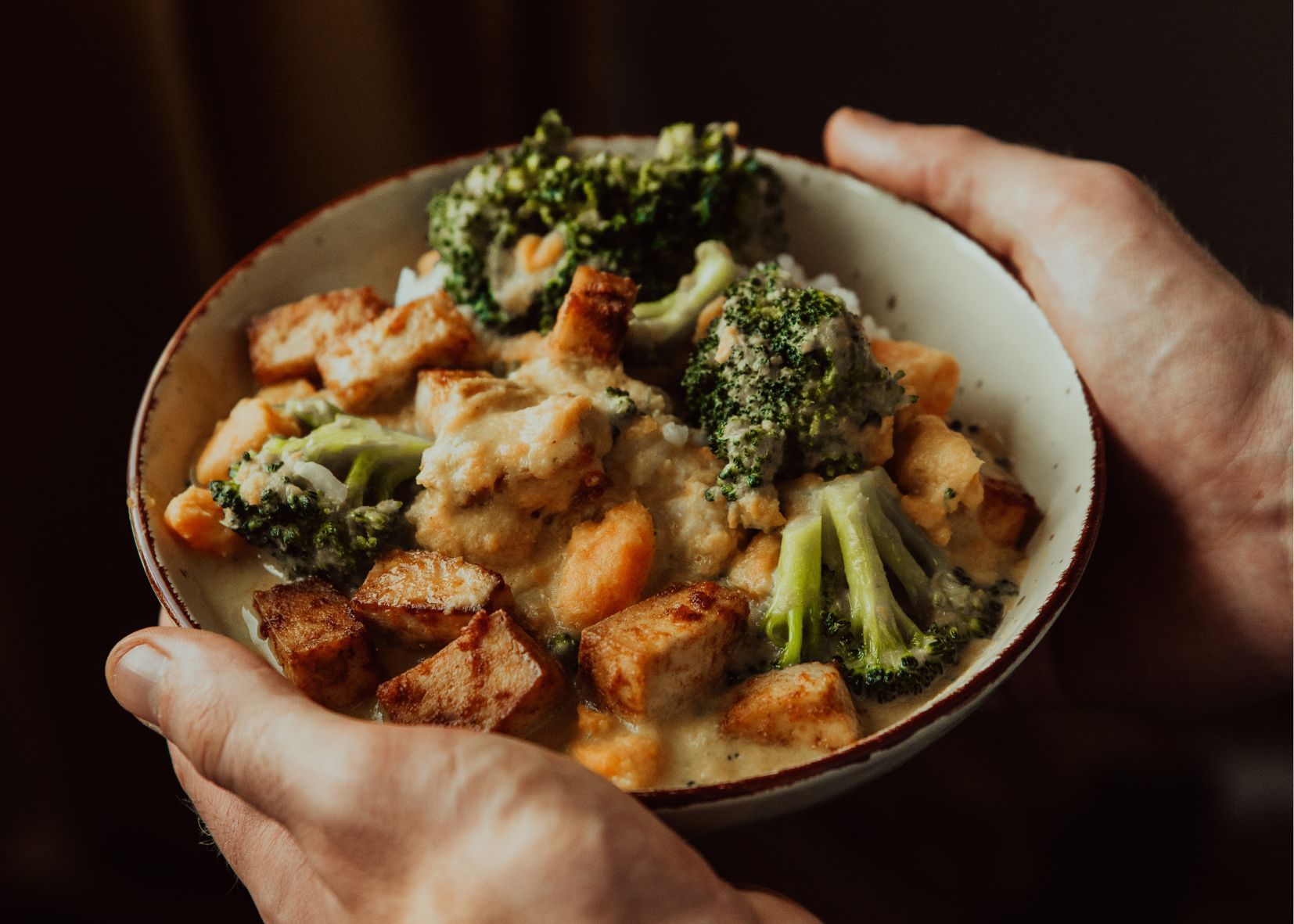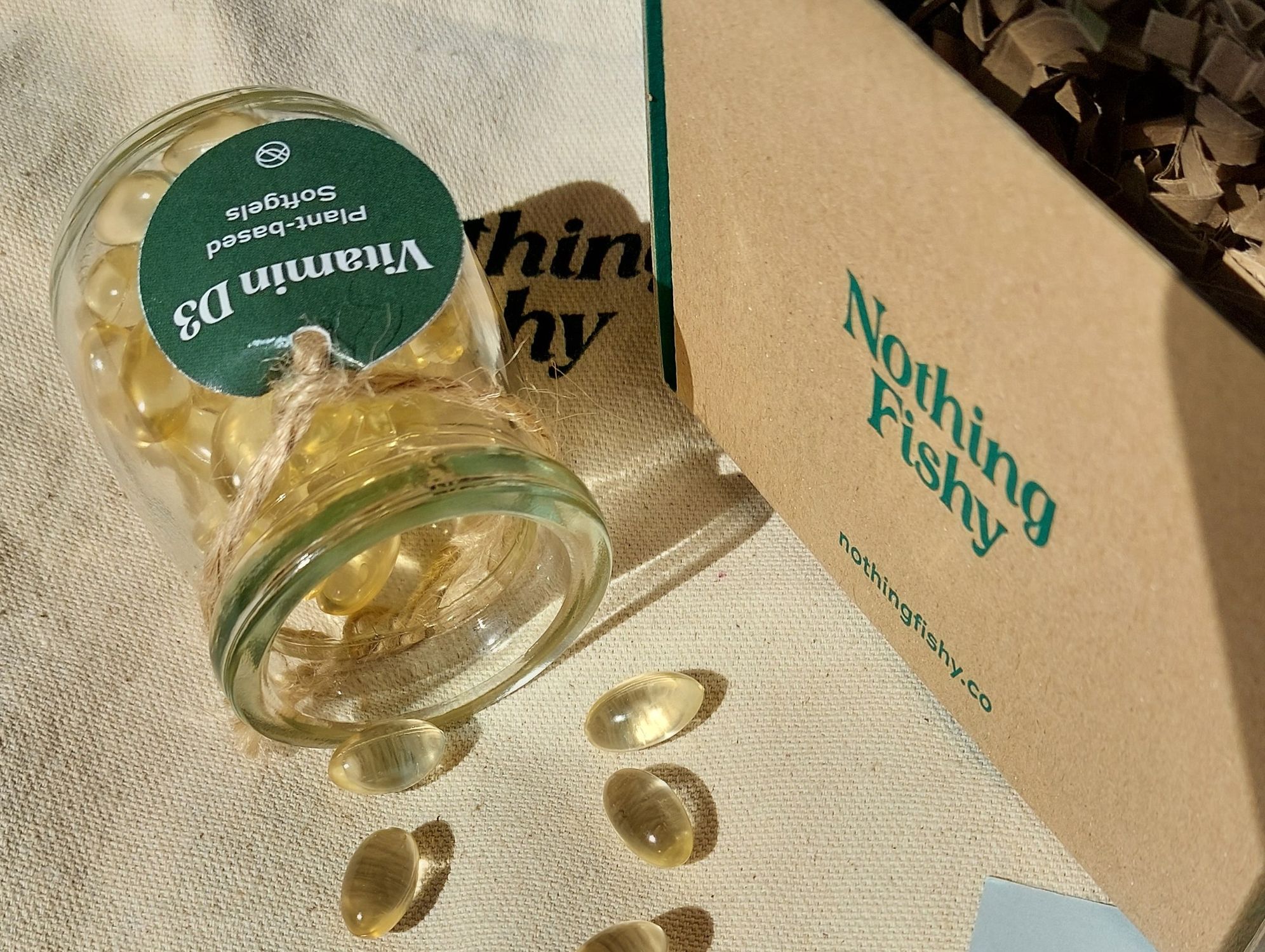Health & Wellbeing
Yoga vs. pilates vs. meditation: Which best suits your vegan lifestyle?


With the growing popularity of holistic wellness practices, it’s easy to be overwhelmed with choices. Whether it be yoga, pilates or meditation, each practice has the potential to offer health benefits and complement your vegan lifestyle. But which is right for you? In this article, we’re going to have a look at the proven advantages of practising yoga, pilates and meditation to help you decide which best suits your health goals!
Yoga: Increased flexibility & balance
Yoga has come a long way. It seems to have originated in the ancient Indus Valley civilisation, where ancient seals have been found that contain figures in yogic postures. Now, of course, it’s a billion-dollar industry with millions of practitioners worldwide. It is defined as a posture-based holistic practice aimed at achieving mental, physical and spiritual well-being.
One of the most well-known benefits of yoga is improved flexibility. This is achieved through poses (asanas) that stretch and lengthen muscles, tendons and ligaments. Regular practice of these poses leads to gradual improvements in muscle length and range of motion, with poses like Downward-Facing Dog and Forward Bends targeting muscles such as the hamstrings and back. The principle of progressive overload is used, where the intensity of poses increases one’s flexibility gradually, and helps the body to adapt and become more flexible.
Supporting this is a 2016 study published in the International Journal of Yoga, which examined the effect of 10 weeks of yoga on 26 male college athletes. It was found that yoga significantly increased several measures of flexibility and balance compared to those who did not practise it.
One of the core ethical principles of yoga is the Sanskrit word ahimsa, which means non-violence or non-harming. This principle promotes kindness, compassion and respect for all living beings, much like veganism. Practising compassion towards oneself and others can lead to healthier relationships and foster a supportive community. This is evidenced by a study conducted by Int J Environ Res Public Health, which found that yoga practice, including compassion-based meditation, improved self-compassion and empathy among participants.
Pilates: Improved core strength & posture
Pilates, developed by Joseph Pilates in the early 20th century, is a low-impact exercise method that emphasises core strength, flexibility and overall body awareness. Scientific research has supported the numerous benefits of pilates, particularly its effectiveness in enhancing core strength, body posture and stability.
Pilates exercises target important muscles like the transverse abdominis, rectus abdominis and the oblique muscles. A study in Healthcare Journal found that pilates effectively improves core strength and activation, aiding in managing chronic low back pain. It also enhances balance and postural control, which could be of particular help to the elderly.
Recent research and clinical trials have shown that pilates is extremely effective for correcting spinal deformities and improving posture, as noted in a systematic review in BMC Sports Science, Medicine and Rehabilitation. Pilates assists with this by lowering one’s Cobb angle, which measures spinal curvature in disorders like scoliosis and reducing the angle of trunk rotation (ATR), another key factor in spinal deformities. In this way, pilates can contribute to the correction of spinal deformities and improve overall spinal alignment.
With the holistic nature of pilates that fosters a strong mind-body connection, practitioners may become more conscious of their overall health and well-being, notably including their dietary choices. As a result, many pilates practitioners are drawn to veganism as a way to improve mental health and build a lifestyle that supports both their physical and ethical well-being.
Meditation: Better mental clarity & focus
 Canva Pro
Canva Pro
Meditation is an ancient practice, its origins stretching back to Hindu scriptures written around 1500 BCE in ancient India. In Buddhism, meditation is emphasised as a deeply important part of achieving enlightenment. Likewise, Sufi mystics in the Islamic world practise forms of meditation known as dhikr to cultivate a deeper connection with the divine.
Read more Rejuvenate and refresh: A vegan paradise at Glass House Retreat
Ancient cultures have long recognised meditation’s benefits, but these advantages have only been scientifically proven in the past few decades. A study by the National Academy of Sciences found that participants who engaged in short-term meditation training demonstrated significant improvements in attention and self-regulation
In addition, regular meditation practice has been associated with increased grey matter density in the brain, particularly in areas related to attention, emotional regulation and mental clarity. A study by Hölzel et al. discovered significant changes in brain regions associated with these functions after an 8-week Mindfulness-Based Stress Reduction (MBSR) program developed by Dr. Jon Kabat-Zinn.
In Hinduism, meditation practices such as dhyana and mantra meditation are practised to unite the individual soul with the divine. Similarly, in Buddhism, meditation practices such as Vipassana (insight meditation) and Metta (loving-kindness meditation) are practised to achieve enlightenment and instil compassion. Both religions uphold ahimsa, the value of non-violence which was discussed above. These meditative traditions often increase practitioners’ awareness and empathy, potentially leading to lifestyle changes that align with the principles of non-violence, such as adopting a vegan lifestyle.
So, which one is right for me?
Yoga, pilates and meditation each offer unique benefits that can enhance your overall well-being. By understanding their pros and considering your own personal goals, you can choose the practice that best fits your vegan lifestyle. Whether you seek physical strength, mental clarity or better posture, wellness practices can help you achieve a balanced and healthy life.
If you enjoy our articles and want to read more of our content, check out things to do in Paris while you’re not watching the games—including foodie. Perhaps take a look at Ration.L: Merging sustainability, ethical fashion and neurological health awareness. Or explore the 9 best unmissable vegan eateries in Portugal.
sign up
for the vegclub newsletter.
Stay updated on all things vegan in Europe. Get exclusive articles, deals and giveaways delivered straight to your inbox. VegClub Magazine is the number one outlet in Europe and you will not want to miss our unique content.




